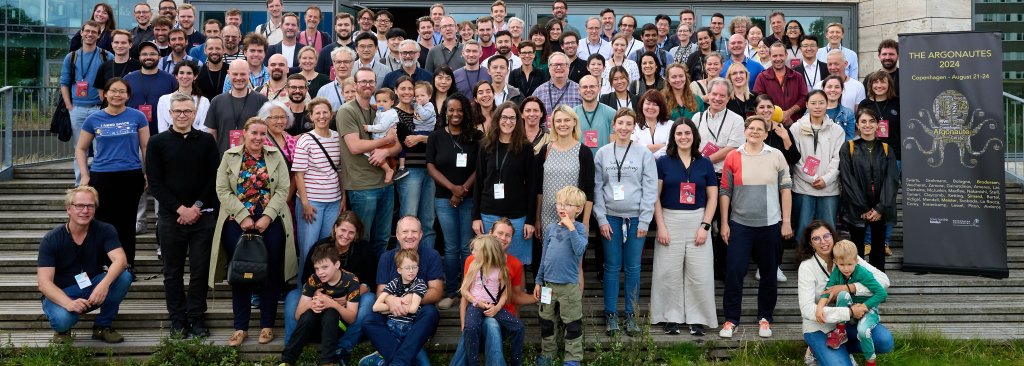Our letter to newly diagnosed families
Dear newly diagnosed parent,
The day our kids were diagnosed with an Argonaute syndrome was devastating, crushing, hopeless. We couldn’t see a future as a happy family and felt broken.
"Keep going. That’s all you have to do, ever. ... Just keep going, please. Slowly is fine. Crawling is fine. No feeling is final. Except hope." Glennon Doyle
We had to allow ourselves to grief the loss of the life we had imagined. If you wish to learn more about the stages of grief, this is a good overview. Emily Perl Kingsley wrote a poem about raising a son with Down syndrome, that may help you after diagnosis.
We know affected children can develop very differently. While Emma is currently seizure free, walked at 16 months and understands her parents, Finn hardly learnt to walk and will never be able to speak.
We don't know what the future will hold, but we will do our utmost to help all our children live their lives to the fullest.
Love, Nora, Christoph and Antje
